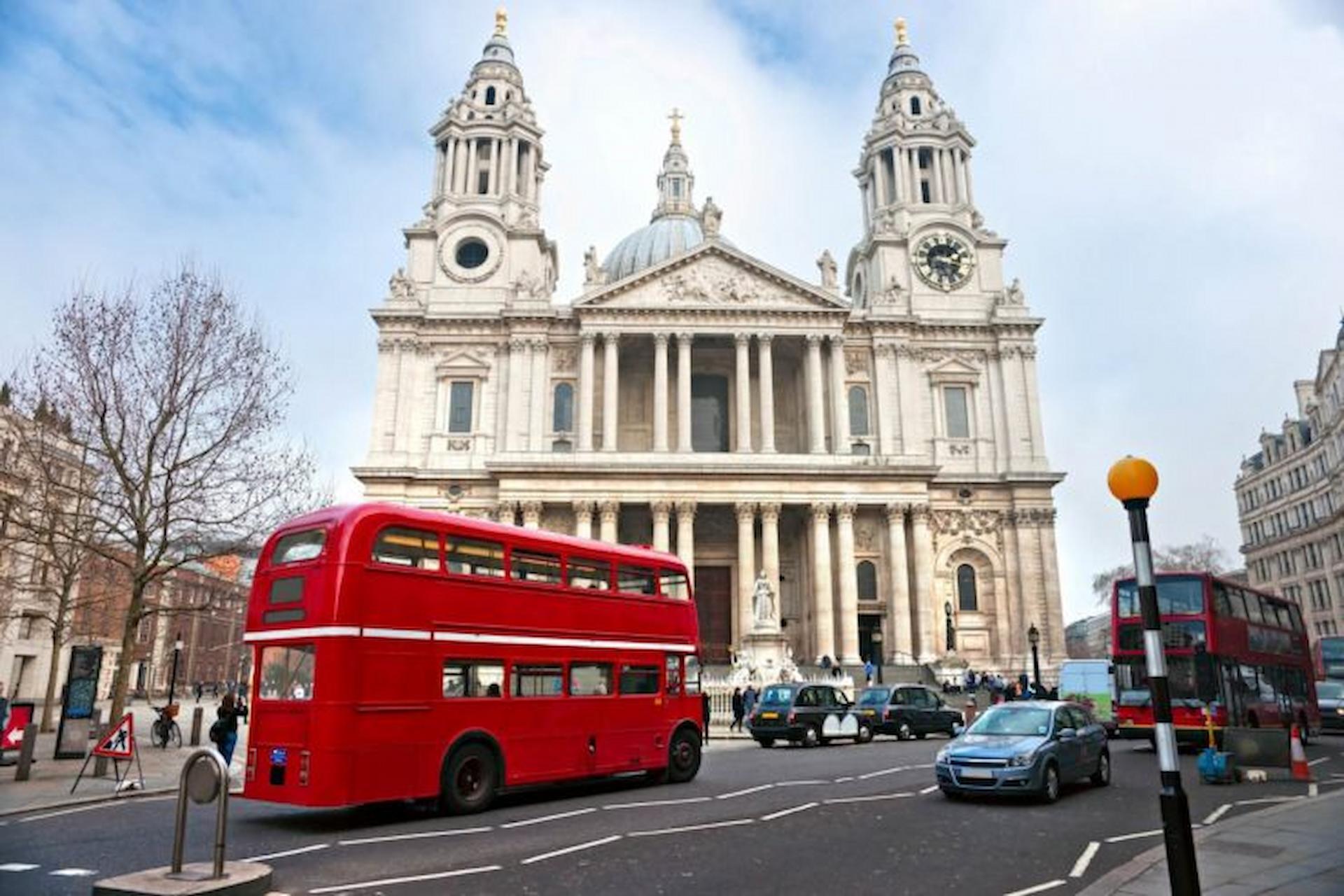
If it wasn’t for the coronation of Elizabeth the Second, the Current Queen of The United Kingdom and Commonwealth in 1953 it’s unlikely that television would have taken off in Britain as much as it did. The country was slowly starting to recover from the Second world war but average earnings were still not that great and the cost of an expensive unit like television was seen as pointless expense. There was nothing good on anyway and the radio still dominated along with the Cinema. If the public wanted pictures of their news events they’d go and see the Pathe News reels in-between the B-movie and feature presentation thank you very much. In fact television ownership was also seen as a bit common and most sets featured doors to cover the screen so it looked like a bureau or a drinks cabinet. Not only that getting a signal for reception was difficult in rural or hilly areas and the services of a TV Aerial Installation Swansea based company like was a must. This was all about to change though as the event that would indicate a new Elizabethan era and the start of the modernist world in Britain was about to arrive.
The death of George the Sixth was a sad event for the country already still recovering from the most devastating war it had known. George and his Wife Lady Elizabeth Bowes-Lyon (better known as the Queen Mother) had had the crown thrust upon him by the abdication of his older brother Edward. Never intended to be King his stutter and uncertainty in public at a time when the country needed a strong head of state was a concern but both stepped up admirable and the King and his families bravery (they refused to leave London during the blitz) plus duty (both the Princesses Margaret and Elizabeth were land girls) that he was much respected and beloved.
A year after his death the succession of his eldest Daughter Elizabeth was seen as an incredibly positive thing. She was only 25 and a long reign seemed possible maybe even longer than her great-great Grandmother Queen Victoria, a feat she has achieved. With her dashing war hero husband the Duke of Edinburgh the young royals suggested a bright future as the country ceded its Empire and came to terms with its new position in the world.
The coronation was televised and even though it was in black and white, the Pathe News reels which came out later were in colour, people who owned one suddenly found relatives and neighbours asking if they could come round to watch it and prior to the event television sales and rentals increased tenfold. It was the first truly televised moments that the nation watched and held its breath. There would be others after with higher figures but this is where it began.